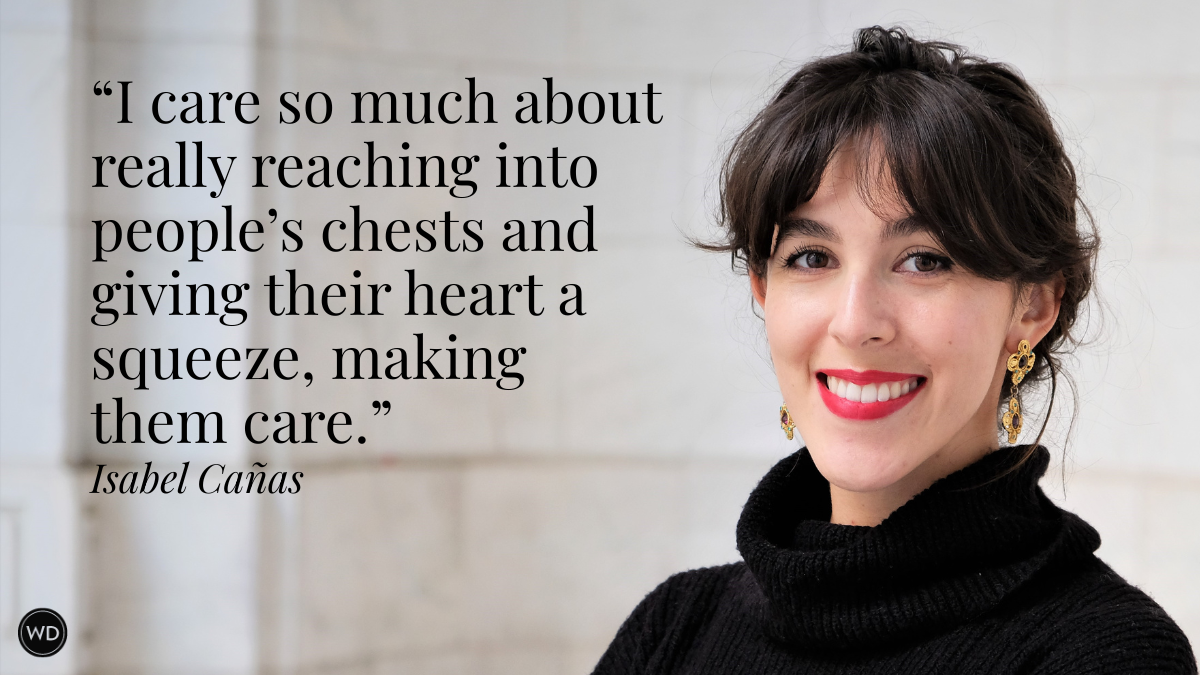A. Rushby: On Writing for the Love of the Story
In this interview, author A. Rushby discusses all the research that went into writing her new historical fiction, Slashed Beauties.
A. Rushby adores cities with long, winding histories; wild, overgrown cemeteries; redbrick Victorian museums; foxes; tea; and ivy. She lives in Queensland, Australia. Follow her on X (Twitter), Facebook, and Instagram.
In this interview, Rushby discusses all the research that went into writing her new historical fiction, Slashed Beauties, her advice for other writers, and more.
Name: A. Rushby
Literary agent: Edwina de Charnacé (MMB Creative) and Jason Yarn (Jason Yarn Literary Agency)
Book title: Slashed Beauties
Publisher: U.S.: Berkley/Penguin; U.K.: VERVE Books, Australia: HQ/HarperCollins; India: Hachette
Release date: September 23, 2025
Genre/category: Historical book club fiction
Elevator pitch: Slashed Beauties is about Eleanor, Emily, and Elizabeth in 18th-century London whose lives become magically and murderously intertwined when they meet an anatomist with a wicked plan and about young antiques dealer Alys in present day London who must find a way to break her cursed connection to the trio.
What prompted you to write this book?
I first came upon the idea for Slashed Beauties after seeing an anatomical Venus in a museum in Vienna. This 250-year-old, ultra-realistic medical wax model of a woman was naked except for some lustrous pearls at her neck. She had long flowing locks of real hair, dewy waxen skin, an erotic expression, and … her entrails on display. I was quite literally mesmerized. To the modern eye, she was an uncanny collision of art and science, and I immediately knew I would have to weave a tale around this complicated creature.
How long did it take to go from idea to publication? And did the idea change during the process?
It took a very long time, indeed, as historical fiction takes so much research. I usually begin with several months of reading around the subject I’m interested in (in this case medical wax anatomical models), and while I knew these would form the basis of the plot, I struggled for some time to figure out the story I wanted to tell. It wasn’t until I stumbled across some further research that detailed real women who worked in and around Covent Garden, in London, from 1757-1795 that my characters truly began to take shape and I was able to decide upon the journey I wanted to take them on. After this, everything came together far more quickly, and I was soon off and writing my dual narrative, weaving a tale around antiques dealer Alys in the present day and Eleanor in 1769 London.
Were there any surprises or learning moments in the publishing process for this title?
Slashed Beauties was a total book of the heart—I had no real reason to write it (I am an established author in the children’s space), but I wrote it anyway for the sheer love of it. When I began pitching this tale of murderous wax anatomical models, I thought people would honestly take several steps backward, turn, and begin running. But they did almost the opposite! Editors worldwide really connected with the themes in the novel as well as the characters themselves, and I’m overjoyed to see the book published in a very exciting, coordinated international release.
Were there any surprises in the writing process for this book?
I was surprised to find how much I felt for the antagonist. Writing her story and her very sad backstory truly did make me understand the saying, “The antagonist is the hero/heroine of their own story.”
What do you hope readers will get out of your book?
I hope they’ll find it uplifting, despite the bittersweet ending (I don’t think that’s a spoiler!) and that they’ll come away mulling over some of the themes—particularly when it comes to bodily autonomy, choice, and freedom. And I really hope they don’t guess the twist.
If you could share one piece of advice with other writers, what would it be?
After publishing more than 30 books, my greatest piece of advice would be to write what you love, rather than to try to write what you think other people will love, or what the market is looking for.








